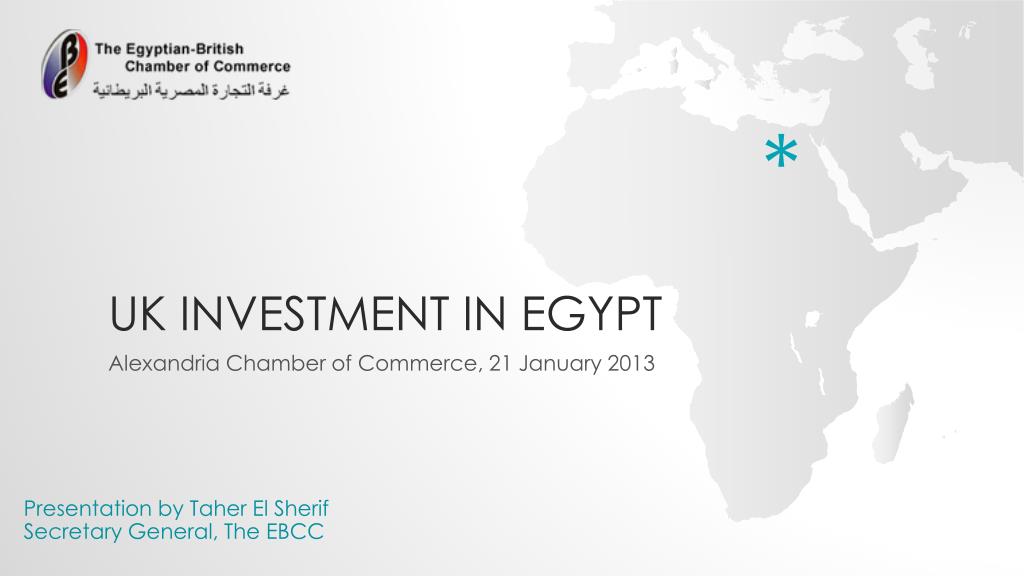European companies are inking a flurry of agreements with Egyptian partners, a sign of deepening economic ties between the European Union (EU) and the North African nation. This investment surge comes alongside a broader effort by the EU to strengthen its relationship with Egypt.
Ursula von der Leyen, president of the European Commission, announced the signing of more than 20 new deals, or Memorandums of Understanding (MOUs), during a recent investment conference in Cairo. These agreements, with a potential value exceeding €40 billion ($42. 85 billion), span various sectors and signal a significant boost for the Egyptian economy, currently facing challenges.
The EU's renewed focus on Egypt stems from a confluence of factors. The ongoing war in Ukraine has disrupted global supply chains and sent energy prices skyrocketing, placing strain on Egypt's import-dependent economy. Additionally, the EU is keen to address the issue of irregular migration across the Mediterranean Sea, and a more stable and prosperous Egypt is seen as a key factor in mitigating this challenge.
The EU's commitment to Egypt extends beyond private sector investment. In March, a €7. 4 billion funding package was unveiled, offering Egypt crucial financial support. This package aims to bolster various areas, including renewable energy, trade, and security.
Human rights groups have raised concerns about the EU's approach, questioning the wisdom of increased financial support for a government with a history of suppressing dissent. European officials, however, maintain that a more robust Egyptian economy will ultimately benefit its citizens and contribute to regional stability. They argue that fostering a strong private sector will create jobs and opportunities, leading to a more prosperous and resilient Egypt.
The specific details of the newly signed deals remain undisclosed, but they are expected to encompass a wide range of industries. Green energy is a potential focus area, with Egypt aiming to diversify its energy mix and reduce reliance on fossil fuels. Infrastructure development and transportation could also be significant beneficiaries of the increased European investment.
The Egyptian government has welcomed the influx of European capital. President Abdel Fattah al-Sisi has emphasized the importance of foreign investment for driving economic growth and creating jobs. The government hopes that these new deals will not only provide a much-needed financial boost but also serve as a catalyst for further economic reforms.
The long-term impact of this surge in European investment in Egypt remains to be seen. While the potential benefits for the Egyptian economy are undeniable, concerns regarding human rights and the effectiveness of such economic diplomacy persist. The coming months will be crucial in determining whether this renewed partnership can deliver tangible progress for both the European and Egyptian people.

